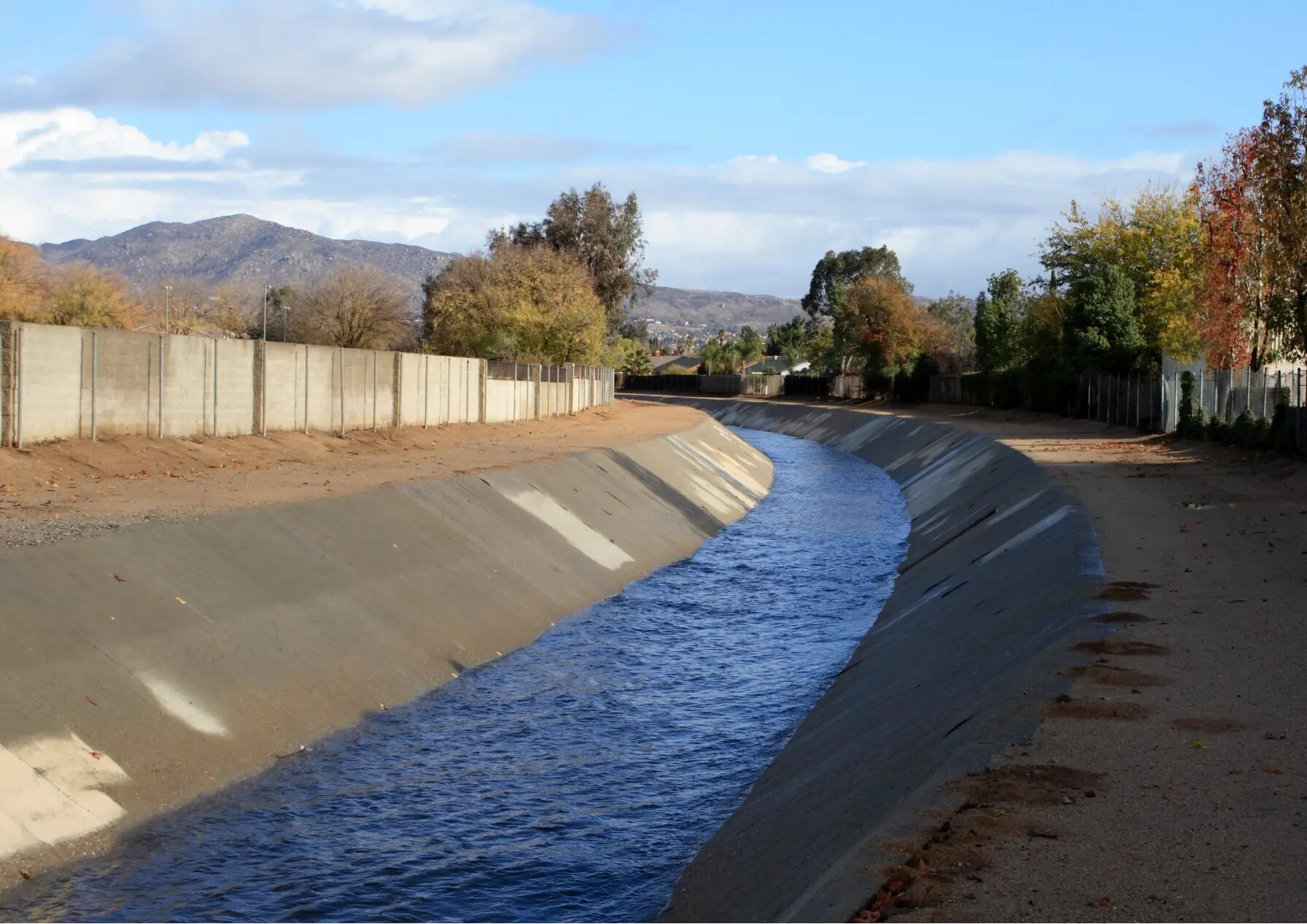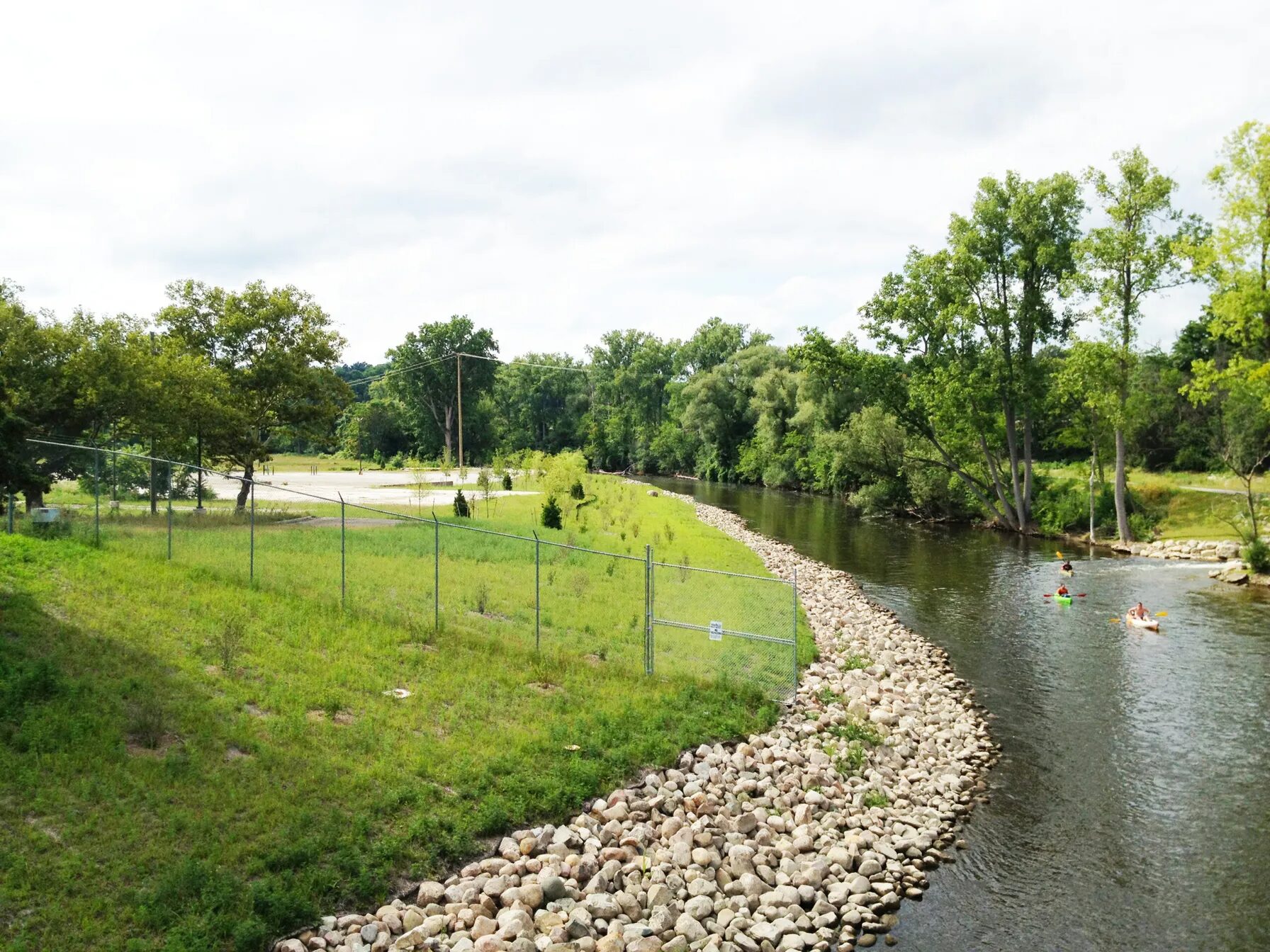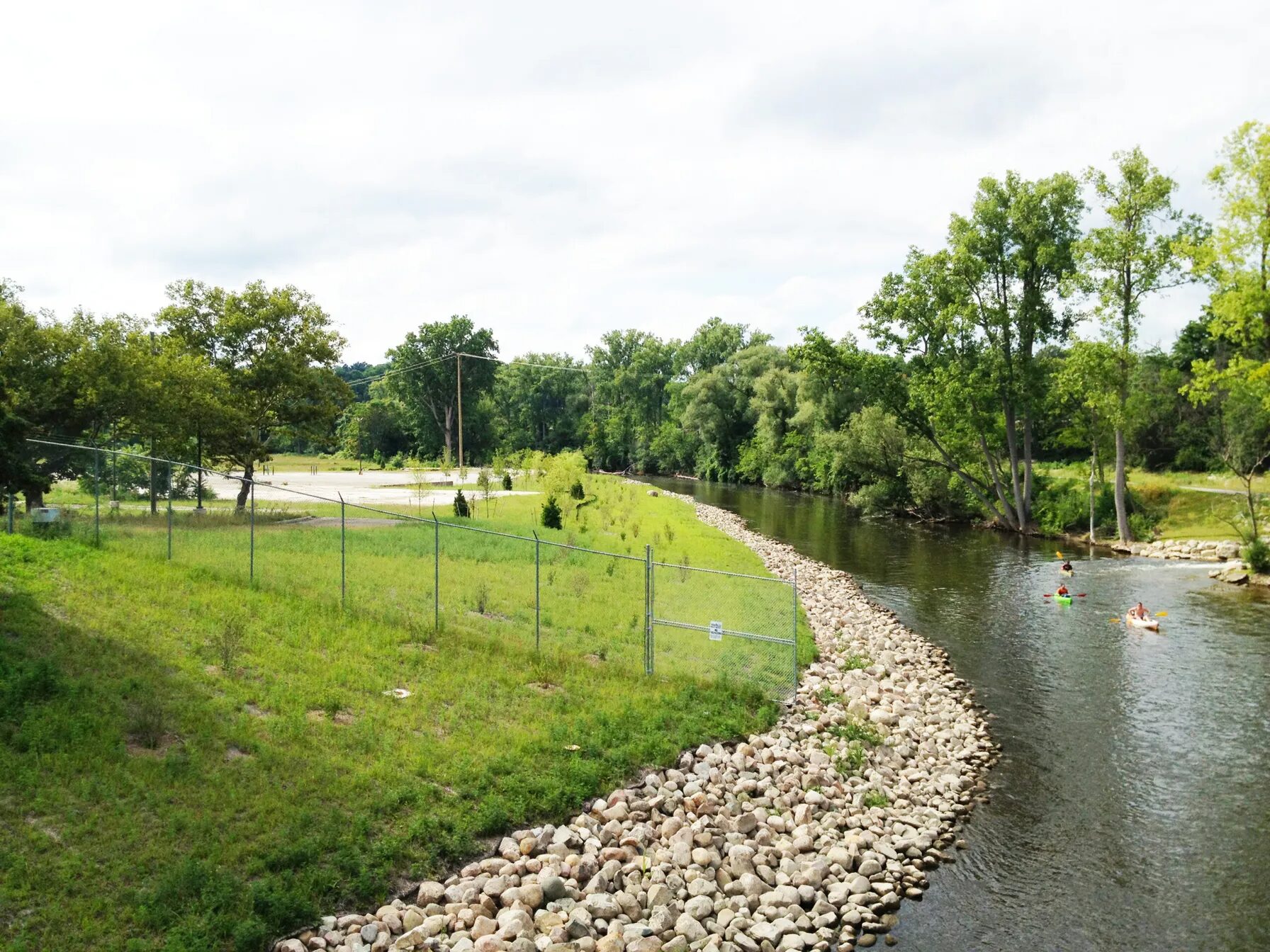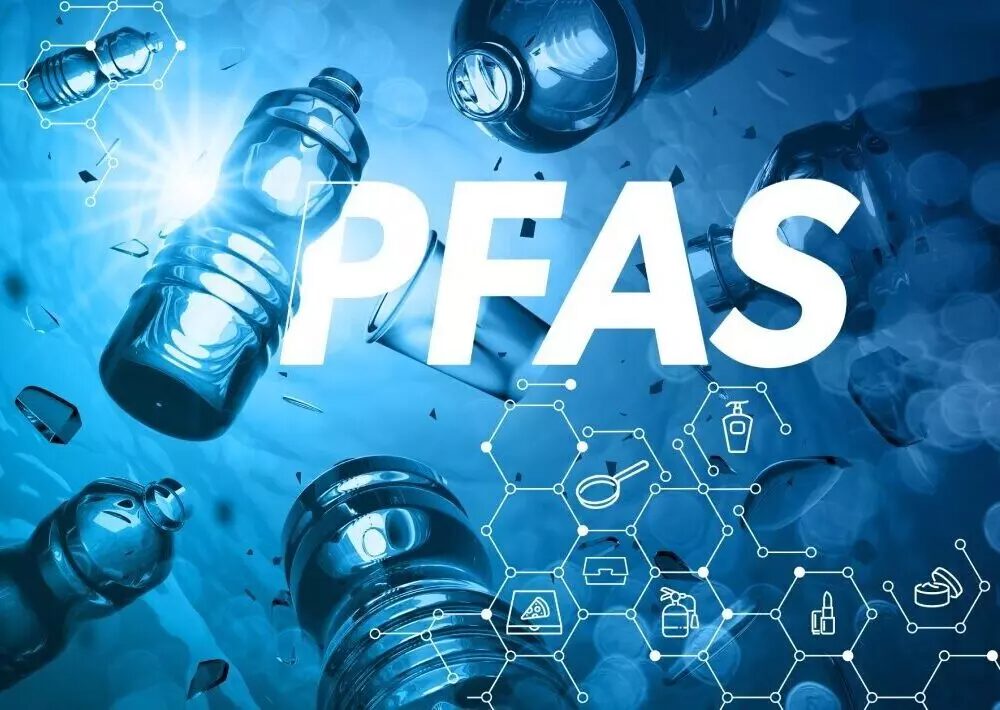Adapting to Change Through Technical Innovation
At TRC, we pride ourselves at being on the forefront of technological and scientific advancement. We contribute to innovation in our professional, academic and client communities by creating new pathways for the world to thrive. Our tested practitioners continually expand their knowledge to deliver expert solutions in a wide variety of technical areas, ensuring agility, fortitude and peace of mind for the clients and industries we serve.
These resources are developed by TRC’s highly knowledgeable technical professionals within the Center of Research and Expertise (CORE), a multidisciplinary team led by proven subject matter experts in over 30 specialized areas within TRC. The CORE contributes to the technical advancement of our professional, academic and client communities, as we work to solve clients’ issues through the improvement of science and technologies in our industry. These experts cover a wide variety of industry challenges and innovative solutions implemented across the globe.
Learn more about TRC’s solutions and our experts by exploring the resources below.
Search by

Statistical Analysis of Environmental Data
Various regulatory programs require routine statistical evaluations to extract meaningful insights from complex environmental data. By providing data-driven insights, statistics enable businesses to make informed decisions regarding tailored risk management and regulatory compliance solutions.

Risk Assessment and Toxicology
A range of regulatory and safety-driven factors make risk assessment a key component of any project. At the federal level, compliance with CERCLA and RCRA is mandatory, but state guidance often adds complexity to the regulatory landscape.

Stormwater and Floodplain Management
Stormwater management is vital during the planning and permitting stages of developing new facilities. Throughout project construction, proper stormwater management can control erosion and sedimentation, whereas after construction, it can ensure the quality and quantity of stormwater leaving the site meet regulatory standards.

Coal Combustion Residuals
Federal regulations, such as the initial 2015 CCR Rule and the May 2024 Legacy Surface Impoundment/Coal Combustion Residual Management Unit (CCRMU) Rule and the Effluent Limitation Guidelines (ELG) Rule for Wastewater Management, generate the need for specialized services in the utility sector.

Solid Waste Management
Commercial and public municipal and industrial solid waste managers are faced with the challenge of navigating complex regulatory landscapes. In addition to complying with federal regulations, waste managers must also meet often more stringent state-level regulations.

Sediment Remediation
Sediment remediation projects are challenging to manage, as these projects typically have a variety of responsible parties; various applicable local, state and federal regulations; and multiple site-specific ecological and public health receptors.

Process and Pollution Control Engineering
Companies face constant pressure to maintain compliance with regulations put forth by federal, state and local agencies such as the Environmental Protection Agency (EPA), Occupational Safety and Health Administration (OSHA) and the National Fire Protection Association (NFPA).

Due Diligence
Due diligence is the first step in identifying potential environmental liabilities or Recognized Environmental Conditions (RECs) associated with a property that may result in future regulatory, operational, or financial implications.

PFAS Compliance and Consulting
Per- and polyfluoroalkyl substances (PFAS) are a group of man-made, potentially toxic, chemicals. The continuously improved understanding of the effects of PFAS has perpetuated an evolving landscape of regulations, requiring a practical approach to managing PFAS.
0 results


